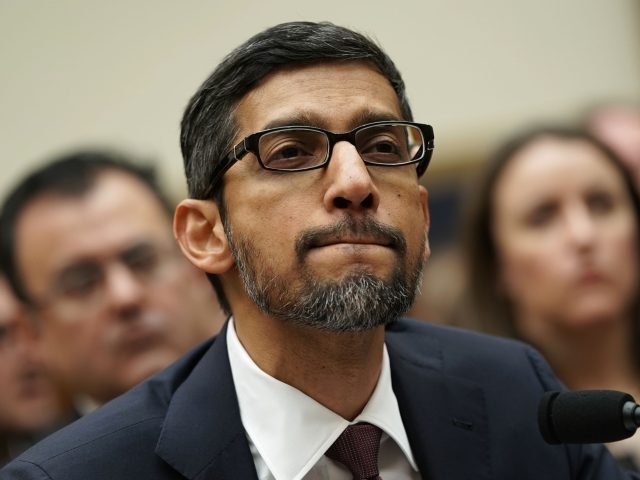The CEO of the popular restaurant review app Yelp, Jeremy Stoppelman, appeared on a podcast recently to discuss the growing monopoly power of the Big Tech Masters of the Universe. According to Stoppelman, Google doesn’t like to compete on a level playing field because, “when they tried to, they were losing.”
Appearing on a recent episode of The Vergecast, Jeremy Stoppelman the CEO of the popular restaurant and business review app Yelp discussed antitrust issues surrounding major tech firms such as Amazon, Apple, and Google.
SToppelman has been a vocal critic of Google for years, noting the company’s dominance of areas such as maps, local search, and reviews. Stoppelman discussed his antitrust investigation of Google on the podcast stating: “I’ve been working on it for over a decade and it’s great to see that more people have jumped on board. When we started out criticizing Google and highlighting some of their abuses, we got — especially from Silicon Valley — so many eye rolls.”
During the podcast, Verge reporter Nilay Patel asked Stoppelman if he believes that Google should not be allowed TO enter local search or be allowed to enter a category where they have a large enough dataset to deliver results immediately. Stoppelman discussed how he believes Google has acted in an anti-competitive way towards his company, stating:
Certainly they can compete, but they should compete on a level playing field. And in fact, when they tried to, they were losing. There are conversations that are now public that were over email, where they’re like, “Oh yeah, Yelp is coming up so much. We have to do something. Okay. Whenever Yelp is going to show high-end results, we should trigger our map box and make sure that our results are above it.” They literally had an “if” statement in their code that said, “If Yelp, then show us our stuff above it.” If you occupy a monopoly position, you should not be able to basically jam everybody off the page just because you want that revenue to yourself. You built up this trust with consumers, they all learned to rely on you. You bought up all the search box market share so anyone that types in a search — whether it’s Safari or Firefox — is going straight to your site and then you’re burying objectively better content. I’m sorry, that’s not playing the game fairly.
When asked how he believes that the online search marketplace could be made more equal, Stoppelman stated:
I think you ideally make it so that Google can’t take all of the lucrative areas that it doesn’t currently occupy, and then jam a product into that space and then absorb all of the market share. Look at what they did at travel search. They went and they bought a critical component of travel search, which is this company, ITA, that had all of the data on where the flights are coming and going and how much they cost and so forth that all of the major players relied on. And they did a little, “Oh yeah, we’re definitely not going to use it for nefarious purposes.” And now if you do a travel search or airline search, all of a sudden, instead of seeing all the major players for airline search, you’re getting a Google box, which doesn’t necessarily cover all the best flights, all the best prices — there’s been some studies on that. I think that’s a real problem.
Listen to the full podcast at The Verge here.
By subscribing, you agree to our terms of use & privacy policy. You will receive email marketing messages from Breitbart News Network to the email you provide. You may unsubscribe at any time.
Lucas Nolan is a reporter for Breitbart News covering issues of free speech and online censorship. Follow him on Twitter @LucasNolan or contact via secure email at the address lucasnolan@protonmail.com

COMMENTS
Please let us know if you're having issues with commenting.